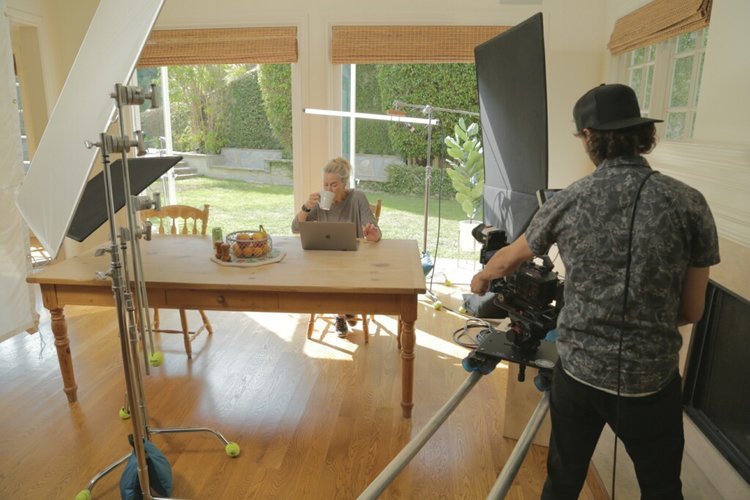The Client Perspective: Promotional School Content
Nicole Trevor, Director of Communications, Flintridge Preparatory School
In a new series we’re calling “The Client Perspective,” we will be asking our clients from different organizations and industries for their insight on what they’ve learned working with video production vendors. For the first article, we chatted with Nicole Trevor, Director of Communications at Flintridge Preparatory School.
What was the biggest challenge you encountered the first time your organization made a video?
The first time I was asked to do a video, I was really in a quandary about who to call to do the work. I had very little idea of what the video “should” cost, how the production process “should” work, etc. While our first hire was very talented and his price was very low, his lack of experience made the job significantly more time-consuming when we got to editing. This experience was not a disaster—and I’m glad things happened the way they did because I learned so much from this relatively low-stakes production. I used my first experience to justify paying for a more experienced producer in the future.
The first project also reinforced the importance of getting an internal agreement about the audience and goals. It taught me that I have the creative knowledge to interpret my colleagues’ interests to maximize visual results. I think I have a handle on how to express those goals in a way that leaves the production team inspired, not hemmed in.
What is your opinion on taking a DIY approach to video?
There are some projects where an iPhone is a great option. But I passionately believe that hiring out videography needs is important in high-stakes cases because visual storytelling is its own unique form. We’re paying for expertise. We still occasionally fight the “why can’t you just use your iPhone” battle, and whenever I hear the “How hard can it be? The kids do it all the time” question, it’s an opportunity to talk about production values and video shelf life.
What do you see as the main value of working with a video production company?
The number of hours saved is hard to quantify, but I think that’s the main value. An additional value is in saying “Look how much more you’re getting than you expected.” When expectations are “just DIY it,” and you end up with a video that is visually stunning, ties together all the themes, has the right music, the value is clear. A well-thought-out project says to stakeholders that their project, topic, or theme is inherently worth the extra care.
I also think occasionally having a film crew on campus reminds people that much of what we do is important, should be documented, should be shared, etc. It helps our community see the value of their work.
Staff retirement tribute film
What is your greatest takeaway from having worked with a video vendor?
I’ve learned that a long-term relationship with a video production company is a collaboration. With every new trip to campus, the Zemma team has gotten to know our culture, our buzzwords, and best places to film. With time, that collaboration develops into richer productions.
As I said, we’re paying for expertise, and that means that the production team can be an important arbiter. Their valued opinion and direction can help us see opportunities we hadn’t considered and can lead us past our own ideas of what a video should do.
What advice would you give to someone who is about to work with a production company for the first time?
As a creative myself, I feel the best way to maximize my investment is to let the professionals have as much room as they need to make things work. I think this is an important mindset for anyone in an organization entering into a relationship with a production company, as long as the goals and vision of the project are firmly held.
Sadly, my biggest piece of advice is the least creative. I see it as my responsibility to maximize resources. If we’re willing to invest financial resources in video production, that means someone on campus (me) needs to act as the AD. No production team will know the logistics needs of your organization better than you will. Scheduling, location scouting, prepping interviewees, working with the safety team, making sure the crew is fed, letting people know ahead of time that there will be a crew on campus—all these are responsibilities that should fall on someone internally and be planned ahead. It’s no small amount of work, but it’s necessary for a successful production.


